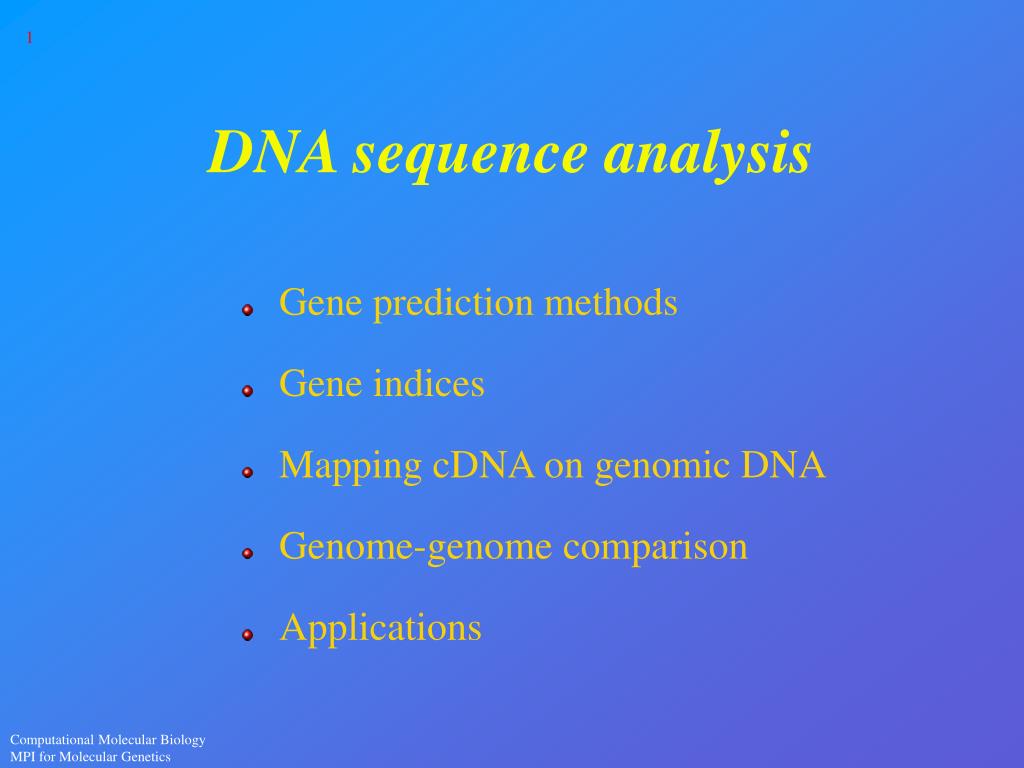
Prenatal diagnosis of alpha 1-antitrypsin deficiency by direct analysis of the mutation site in the gene. Kidd VJ, Golbus MS, Wallace RB, Itakura K, Woo SL.Quantification of the close association between DNA haplotypes and specific beta-thalassaemia mutations in Mediterraneans. Kazazian HH, Jr, Orkin SH, Markham AF, Chapman CR, Youssoufian H, Waber PG.Three different mutations in codon 61 of the human N-ras gene detected by synthetic oligonucleotide hybridization. Bos JL, Verlaan-de Vries M, Jansen AM, Veeneman GH, van Boom JH, van der Eb AJ.Detection of a single nucleotide mutation in DNA. Pirastu M, Kan YW, Cao A, Conner BJ, Teplitz RL, Wallace RB.Detection of sickle cell beta S-globin allele by hybridization with synthetic oligonucleotides. Conner BJ, Reyes AA, Morin C, Itakura K, Teplitz RL, Wallace RB.

Links to PubMed are also available for Selected References. Get a printable copy (PDF file) of the complete article (1.2M), or click on a page image below to browse page by page.
LS23L SEQUENCE ANALYSIS FULL
Full textįull text is available as a scanned copy of the original print version. This technique has been applied to HLA-DQA genotyping (six types) and to the detection of Mediterranean beta-thalassemia mutations (nine alleles). Hybridization is detected nonradioactively by binding of streptavidin-horseradish peroxidase to the biotinylated DNA, followed by a simple colorimetric reaction. The target segment of the DNA sample to be tested is PCR-amplified with biotinylated primers and then hybridized to the membrane containing the immobilized oligonucleotides under stringent conditions.
LS23L SEQUENCE ANALYSIS FREE
Due to their long length, the tails are preferentially bound to the nylon, leaving the oligonucleotide probe free to hybridize. In this format, the oligonucleotides are given homopolymer tails with terminal deoxyribonucleotidyltransferase, spotted onto a nylon membrane, and covalently bound by UV irradiation.

Here we describe a method by which one can simultaneously screen a sample for all known allelic variants at an amplified locus. In a conventional assay with immobilized PCR product and labeled oligonucleotide probes, each probe requires a separate hybridization.

The in vitro DNA amplification technique, the polymerase chain reaction (PCR), has facilitated the use of these probes by greatly increasing the number of copies of target DNA in the sample prior to hybridization. The analysis of DNA for the presence of particular mutations or polymorphisms can be readily accomplished by differential hybridization with sequence-specific oligonucleotide probes.


 0 kommentar(er)
0 kommentar(er)
